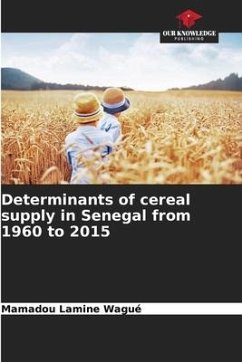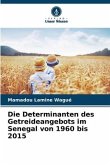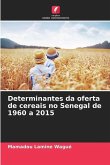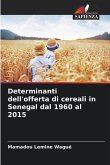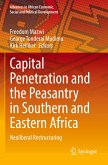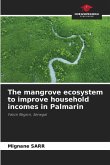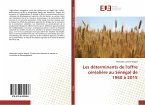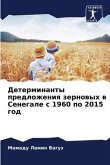Senegal's agricultural sector remains under-productive, given its decades of under-performance. Since gaining independence, Senegal has successively defined several agricultural development strategies, in order to give the sector its full importance in terms of economic growth, income redistribution and food security. This study seeks to assess and analyze the effects of Senegal's agricultural policies on the growth of cereal production, in particular through increased productivity. Despite the efforts made by various governments from independence to the present day, production is struggling to cover national demand for local cereals and meet the country's food requirements, and as such these policies have not achieved the expected results. These are essentially due to a number of constraints: insufficient agricultural inputs and equipment, insufficient rainfall, outdated farming equipment and declining soil fertility, etc.
Bitte wählen Sie Ihr Anliegen aus.
Rechnungen
Retourenschein anfordern
Bestellstatus
Storno

